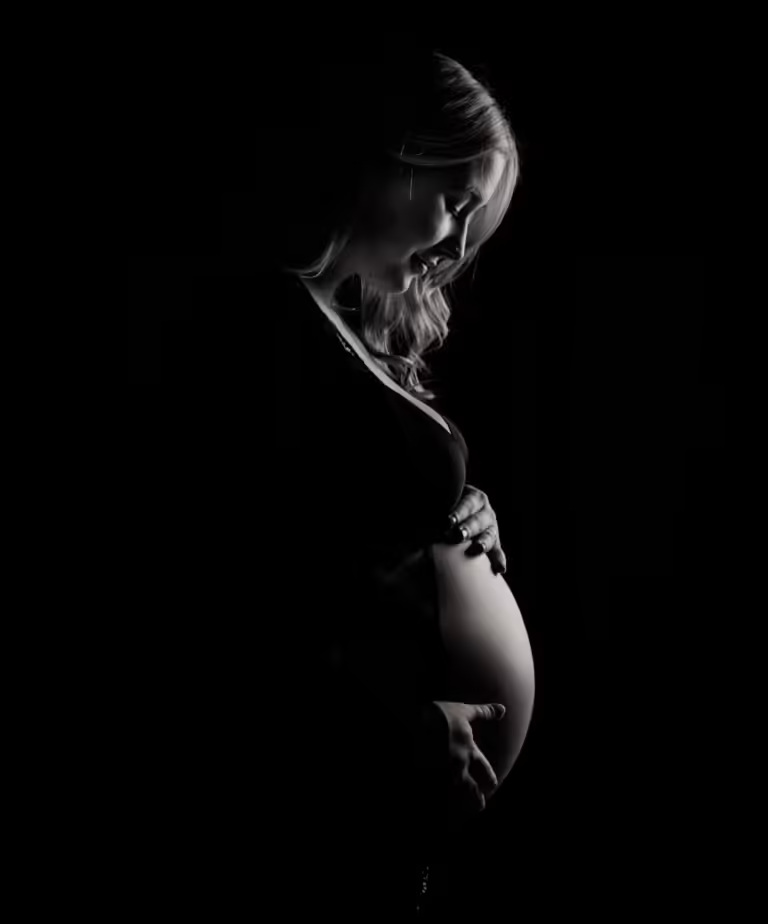Introduction: Embracing the Wild World of Newborn Sleep
The phrase “sleeping like a baby” conjures images of peaceful slumber, but the reality of newborn sleep is often far more turbulent. New parents are frequently bombarded with the notion that newborns sleep for 16 to 18 hours a day, leaving them unprepared for the fragmented, unpredictable sleep patterns that are actually the norm.
Trying to define “normal” for newborn sleep is like trying to capture a cloud—it’s constantly shifting and taking on new forms. Some babies will naturally sleep for long stretches, while others will doze in short bursts. Some will have their days and nights sorted out from the start, while others will party all night and snooze all day. This variability can be incredibly frustrating for sleep-deprived parents, leading to feelings of confusion and inadequacy.
The truth is, there’s no one-size-fits-all answer to the question of what constitutes “normal” newborn sleep. What matters most is that your baby is growing and thriving, and that you’re finding ways to cope with the sleep deprivation. Embrace the unpredictability, trust your instincts, and remember that this phase is temporary.

The First Two Weeks: A Time for Healing and Adjustment
The first two weeks after birth are a period of profound transition for both Mom and Baby. Your tiny newborn is adjusting to life outside the womb, learning to breathe, eat, and regulate their body temperature. Mom is recovering from the physical and emotional intensity of labor and birth, while her body adjusts to its new role as a milk-making machine. Sleep during this period can be as erratic as a drunken leprechaun, and that’s perfectly okay.
Your focus during these early days should be on keeping your baby safe, fed, and soothed. Don’t stress about establishing a rigid sleep schedule or worry about whether your baby is sleeping “enough.” Embrace those precious moments of snuggles, respond to your baby’s cues, and allow yourself time to heal and bond. This is a time to surrender to the unpredictability and trust that as you and your baby get to know each other, sleep patterns will gradually emerge.

Weeks 2–6: Glimmers of Predictability and the Witching Hour
As you move into weeks 2–6, you’ll likely start to see glimpses of more predictable sleep patterns. Your baby may begin to have at least one 4-hour (or longer) stretch of sleep each day, offering a welcome respite for exhausted parents. However, the timing of this longer sleep chunk is often a mystery, and it may not necessarily coincide with nighttime.
This is also the time when many parents encounter the infamous Witching Hours, a period in the late afternoon or evening when babies become inexplicably fussy and difficult to soothe. The Witching Hours can last anywhere from 1 to 6 hours, leaving parents feeling drained and defeated just as they’re hoping to wind down for the day.
To navigate the Witching Hours, embrace flexibility and try changing the scenery, offering frequent feedings, or taking your baby for a walk. This is also a great time to enlist help from family and friends, allowing you to take a break or enjoy a quiet meal. Remember, the Witching Hours are a temporary phase, and as your baby’s circadian rhythm develops, they’ll gradually subside.

Weeks 6–12: Finding Your Rhythm and Fostering Healthy Habits
Around 6 weeks, crying often peaks and sleep may be at its worst, leaving parents feeling like they’re stuck in a sleep-deprived purgatory. But take heart—this is a turning point! As your baby moves past this challenging hump, you’ll likely start to see gradual improvements in both crying and sleep.
By now, you’ve mastered the art of feeding and soothing your baby, and you’re starting to understand their unique cues and temperament. This is an ideal time to begin being more intentional about your baby’s sleep habits. Start establishing a consistent bedtime routine, create a calm and dark sleep environment, and experiment with gently putting your baby down for naps awake.
As your baby gets older, they’ll become less portable and more reliant on a consistent sleep environment. This means those on-the-go naps in the car or stroller may become less effective, and you’ll need to prioritize creating a conducive sleep space at home. Embrace this transition as an opportunity to solidify healthy sleep habits and set the stage for longer, more restful sleep in the months to come.








